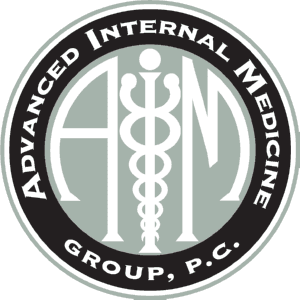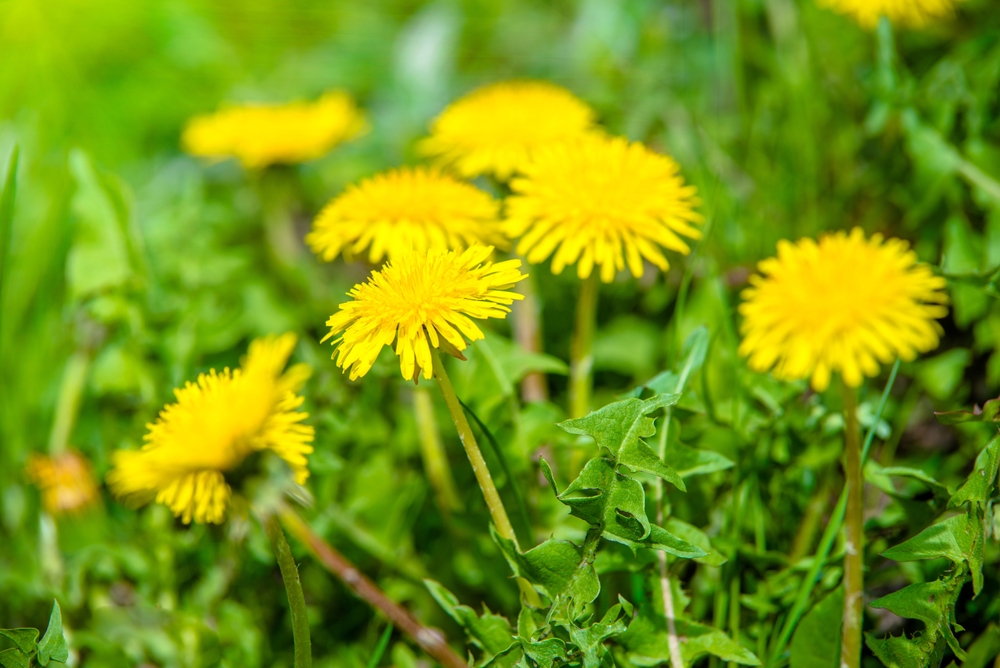As the seasons shift, it’s common for parents to notice their children sneezing, rubbing their eyes, or dealing with a runny nose that just won’t go away. If these symptoms seem to appear around the same time each year, it’s natural to wonder if seasonal allergies might be the cause. But what about babies and toddlers? Can children that young really have allergies to pollen or mold?
Can Babies and Toddlers Have Seasonal Allergies?
If your little one has a stuffy or runny nose, sneezing, or mild congestion, it’s easy to assume allergies might be the cause. But in most cases, babies and very young toddlers are too young to develop seasonal allergies.
That’s because allergies take time to form. A child usually needs to go through at least two allergy seasons—spring, summer, or fall—before their immune system has been exposed to allergens like pollen often enough to recognize them and react. This means it’s rare for a child under the age of 2 to show true signs of seasonal allergies.
If your baby or toddler is experiencing cold-like symptoms, they’re more likely caused by a viral infection, teething, or sensitivity to indoor irritants such as dust or fragrance—not outdoor allergens like pollen.
What Causes Seasonal Allergies in Children?
Seasonal allergies happen when a child’s immune system overreacts to something in the environment. The most common airborne allergens that trigger seasonal symptoms include:
- Tree pollen (common in spring)
- Grass pollen (more typical in late spring and early summer)
- Weed pollen (often peaks in late summer and fall)
- Mold spores (especially present during damp weather or around fallen leaves)
These allergens float through the air and are easily inhaled. In contrast, year-round allergies (called perennial allergies) are often triggered by things like dust mites, pet dander, or indoor mold.
Recognizing the Symptoms of Seasonal Allergies
Seasonal allergies can look a lot like a cold, but they tend to linger longer and follow a predictable pattern each year. Common allergy symptoms in children include:
- Frequent sneezing
- Runny or stuffy nose
- Postnasal drip
- Itchy or watery eyes
- Itchy nose or throat
- Coughing or frequent throat-clearing
- Trouble sleeping
- Skin irritation or eczema flare-ups
One important clue that allergies may be the culprit: your child doesn’t have a fever or body aches, which are more typical of viral infections. If your child experiences similar symptoms at the same time every year, seasonal allergies may be the reason.
Helping Your Child Feel Better: Safe and Effective Treatments
If your child is struggling with seasonal allergies, there are several steps you can take to ease their symptoms and improve their quality of life.
1. Limit Exposure to Allergens
One of the best ways to manage allergies is to reduce your child’s contact with the things that trigger their symptoms. While it’s not always possible to avoid pollen or mold entirely, these strategies can help:
- Keep windows closed during peak pollen seasons
- Use air purifiers and air conditioning with HEPA filters
- Wash your child’s clothes and bathe them after outdoor play
- Wash bedding in hot water weekly
- Monitor local pollen forecasts and limit outdoor time when counts are high
2. Use Over-the-Counter Medications (When Appropriate)
There are safe and effective allergy medications available for children. Non-drowsy antihistamines like cetirizine or loratadine can help manage sneezing, itching, and runny nose. These are typically well tolerated and come in child-friendly forms.
For nasal congestion, saline nasal sprays can help rinse out allergens, while intranasal steroid sprays may offer relief from more persistent symptoms. Always talk with your child’s healthcare provider before starting any new medication to ensure it’s appropriate for their age and symptoms.
3. Consider Allergy Testing or Immunotherapy
If your child’s symptoms are severe, long-lasting, or not improving with basic care, allergy testing may be helpful. Testing can usually begin around age 3, depending on your child’s symptoms and medical history.
In some cases, allergy immunotherapy (commonly known as allergy shots) may be recommended as a long-term solution. These treatments are typically considered starting around age 5 and are designed to gradually reduce the body’s allergic response over time.
What If It’s More Than Allergies? Understanding the Link to Asthma
Sometimes allergy symptoms can overlap with signs of asthma. While allergies can make your child uncomfortable, they typically don’t affect the lungs. But if your child has a persistent cough, wheezing, or trouble breathing, it’s important to consider whether asthma might be involved.
Your healthcare provider can help determine the cause of your child’s symptoms and suggest the appropriate testing or treatments to keep them safe and comfortable.
When to See a Provider
It’s a good idea to schedule a visit with your child’s healthcare provider if:
- Allergy symptoms interfere with daily activities or sleep
- Over-the-counter medications aren’t helping
- Your child also has asthma symptoms, such as wheezing or shortness of breath
- You’re unsure whether it’s allergies, a cold, or something else
Supporting Your Child Through Allergy Season
Seasonal allergies can be frustrating—for both kids and parents—but they’re manageable with the right support. While babies and toddlers don’t usually develop seasonal allergies, older children can begin showing symptoms after repeated exposure to outdoor allergens like pollen and mold.
By staying alert to symptom patterns, minimizing allergen exposure, and using treatments tailored to your child’s needs, you can help them enjoy each season more comfortably. And if symptoms persist or worsen, don’t hesitate to reach out to your child’s provider for guidance and care.
AIM Group Offers Primary Care & House Calls In East Hills, NY
At Advanced Internal Medical Group in East Hills, NY we have 40 years of experience providing care with over 20 services in primary care, house call appointments, and more. To learn more about any of our services, call 516-352-8100 to speak with one of our team members.

